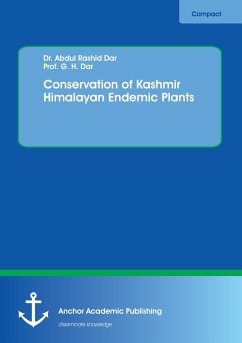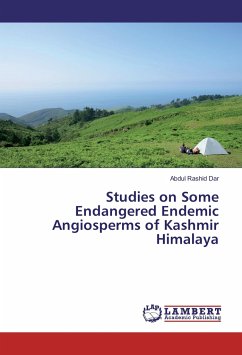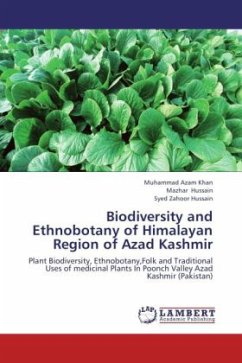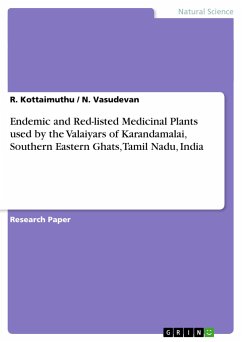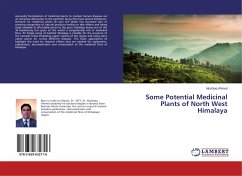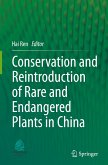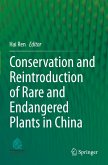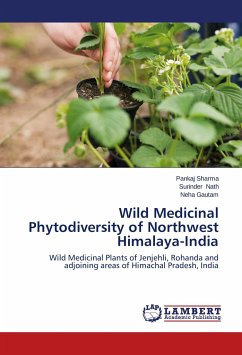Although a compendium of the extent of endemism in the Himalaya is not known, it is believed that the majority of dicot endemic species of India are concentrated in the Himalaya. A significant proportion of the Kashmir Himalayan endemics are endangered due to a multitude of factors and several of them are now listed in the Red Data Books at regional, national and international levels.
For this study, ex situ conservation efforts were attempted by raising plants of some economically important, critically endangered endemic angiosperms species of the Kashmir Himalaya from rhizomes, seeds or other reproductive propagules in the experimental plot at Kashmir University Botanical Garden (KUBG). Nine species belonging to 9 genera and 7 families were dealt with. The paucity of critical information necessitated the present study to explicate the macro-level factors constraining the populations of the target species through extensive field survey trips, and also to undertake measures for ex situ propagation and conservation in order to support their recovery and restoration and provide long-term backup collections for sustained use by the local populace.
For this study, ex situ conservation efforts were attempted by raising plants of some economically important, critically endangered endemic angiosperms species of the Kashmir Himalaya from rhizomes, seeds or other reproductive propagules in the experimental plot at Kashmir University Botanical Garden (KUBG). Nine species belonging to 9 genera and 7 families were dealt with. The paucity of critical information necessitated the present study to explicate the macro-level factors constraining the populations of the target species through extensive field survey trips, and also to undertake measures for ex situ propagation and conservation in order to support their recovery and restoration and provide long-term backup collections for sustained use by the local populace.

